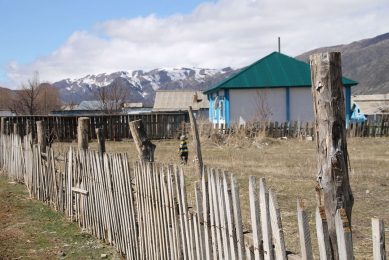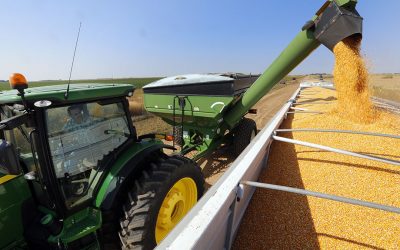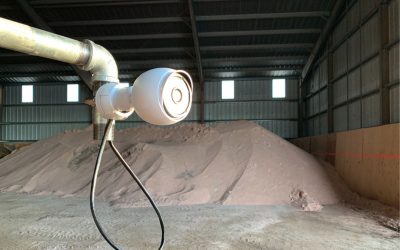Syngenta: world food crisis not over
Russia can play a crucial role in alleviating a food crisis that still presents a serious challenge to the world, a senior executive from leading agrochemicals company Syngenta AG said.
Syngenta Chief Operating Officer John Atkin told Reuters in an interview selective intervention and more free trade would be key to improving global food security, and biotechnology could play a big role in farming in the long term.
"I don’t think it (the food crisis) has ended. It’s been somewhat pushed off the headlines by the economic crisis, but if you look at the fundamentals, the issues are still the same," he said on the sidelines of the World Grain Forum. "We need 50 percent more by 2030 or to double food production by 2050. The challenge is still there. Although the economic crisis has affected a lot of things, it hasn’t had much effect on demand."
Asked what role Russia could play, Atkin said: "It is particularly exciting because they’ve got 47 million hectares of cereals here … only about 10 percent of the cereal land is farmed intensively, so the potential to do more is great." Atkin said a globally coordinated system of food storage would also help alleviate shortages, if it was done well.
"Here is the recipe: reducing barriers to trade, selective use of intervention when it is necessary, in the way that Russia did, public investment in agriculture to help farmers do the right thing (and) help them grow better crops," Atkin said.
Biotechnology
Russia, which plans to increase grain production by 50 percent within 10 to 15 years, had no immediate need for genetically modified crops to boost production, Atkin said. "As far as yields are concerned, they can reach their targets without biotechnology," he said. "Longer term, I think biotechnology could play a role … we regret the fact that its development is somewhat slow outside the Americas." Syngenta has around 350 employees in Russia as well as small operations in Kazakhstan and Ukraine, and is focusing on organic expansion rather than acquiring local competitors in the region. "We are strongly developing here," Atkin said. "We’re growing through bringing our technology here, adapting it in the right way, hiring local people."
[Source: guardian.co.uk]











